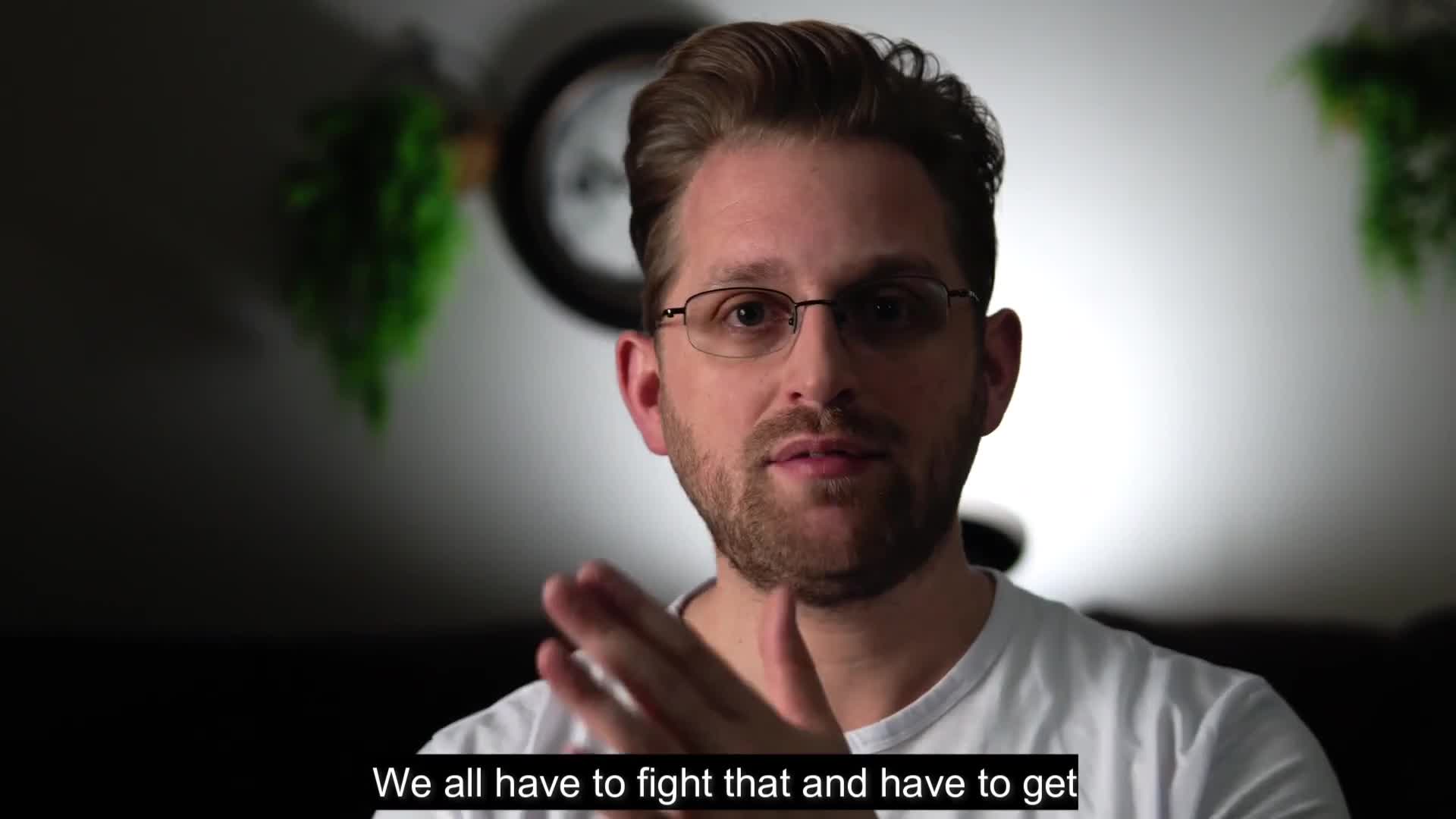Atonement & Redempton
Justification: Making Things Right
Imagine you made a mistake, but someone forgave you and made things right. That's the concept of justification. In Systematic Theology, it's like getting a fresh start, a clean slate.
"Therefore, since we have been justified through faith, we have peace with God through our Lord Jesus Christ." - Romans 5:1 (NIV)
Why Justification Matters:
Justification is like a second chance, a new beginning. It means that God forgives our mistakes and accepts us, even though we've done wrong.
It's a reminder that we don't have to carry the burden of our errors. God's justification is like a helping hand, saying, "Let's start again."
The Dynamic Trio: Grace, Faith, and Justification
These three concepts—grace, faith, and justification—are closely connected. Grace is the gift, faith is the way we receive it by believing, and justification is the result, making things right between us and God.
In Systematic Theology, we learn that it's not about earning our way to God's love or trying to be perfect. It's about accepting the incredible gift of grace, having faith to believe in it, and experiencing justification, where our relationship with God is mended and renewed.
Show Transcripts



